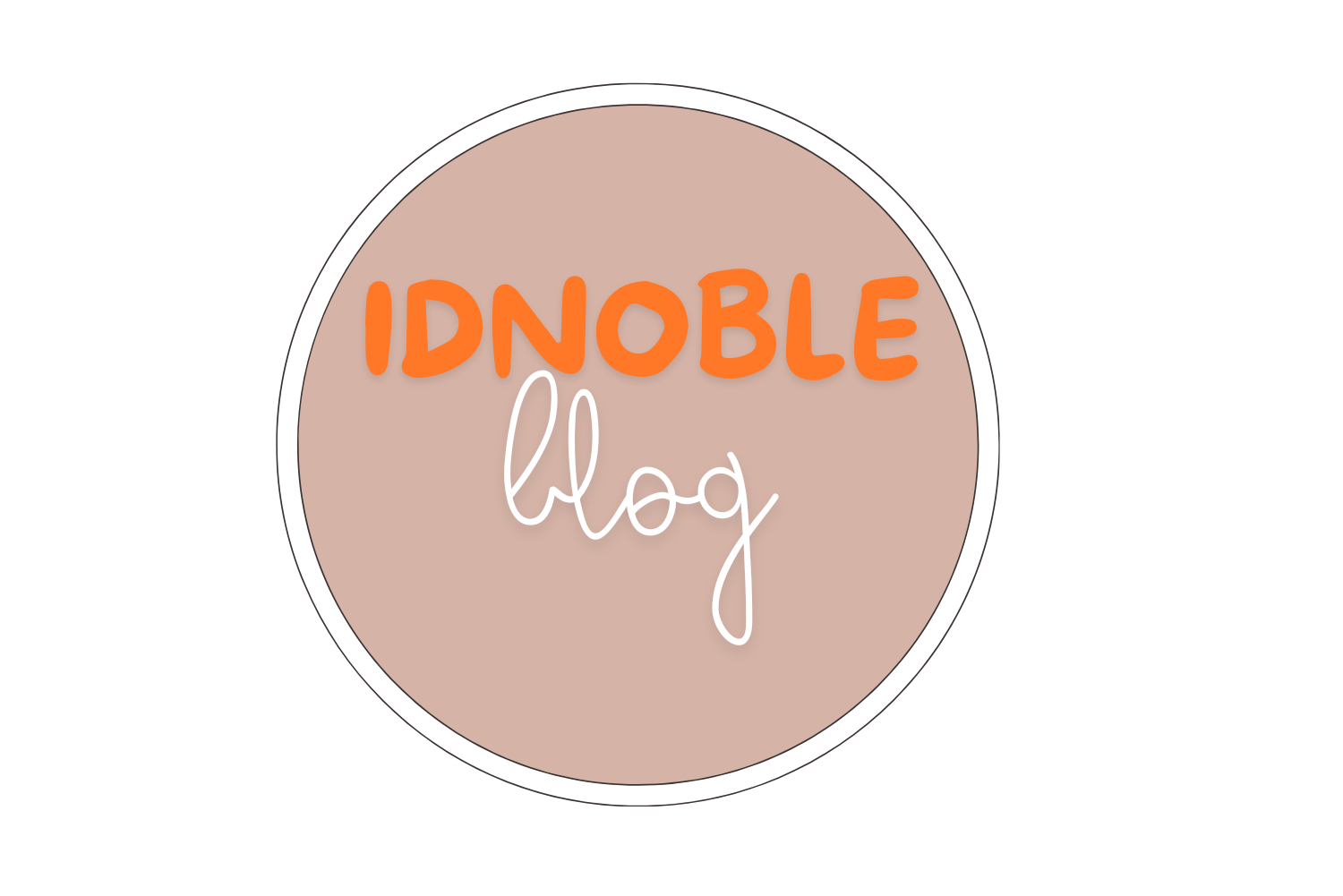
What to Do When You Are in a Toxic Marriage

What to Do When You Are in a Toxic Marriage. A Guide to Finding Clarity, Strength, and Solutions. Marriage is a journey that comes with its own set of challenges, but being in a toxic marriage can feel overwhelming and isolating. Toxic relationships can manifest in many forms, including emotional abuse, constant criticism, lack of support, and manipulative behavior. If you find yourself in such a situation, it’s essential to understand that you are not alone and that there are steps you can take to regain control of your life and well-being.
This guide aims to provide practical advice and emotional support to those struggling in a toxic marriage. We will explore how to recognize the signs of a toxic relationship, understand the impact it can have on your mental and physical health, and outline steps you can take to address the situation.
Table of Contents
Recognizing the Signs of a Toxic Marriage
Understanding what constitutes a toxic marriage is the first step in addressing the issue. Here are some common signs:
1. Constant Criticism and Blame
In a healthy marriage, partners support and uplift each other. However, in a toxic marriage, one partner may constantly criticize, blame, or belittle the other. This can lead to a significant drop in self-esteem and self-worth.

2. Emotional Manipulation
Manipulative behaviors such as gaslighting, where one partner makes the other question their reality or sanity, are prevalent in toxic marriages. This form of emotional abuse can be very damaging and confusing.
3. Lack of Trust
Trust is the foundation of any healthy relationship. In a toxic marriage, there is often a lack of trust, which can manifest as constant jealousy, spying, or controlling behaviors.
4. Isolation
A toxic partner may try to isolate you from friends, family, and other support systems. This isolation can make it even more challenging to seek help and can increase feelings of loneliness and helplessness.
5. Frequent Arguments and Tension
While all couples argue, in a toxic marriage, these arguments are frequent, intense, and often unresolved. The relationship may feel like a constant battleground rather than a partnership.
6. Fear and Intimidation
If you find yourself walking on eggshells, constantly fearing your partner’s reactions, or experiencing intimidation, these are red flags of a toxic relationship.
7. Neglect and Indifference
In a toxic marriage, one partner may show a complete lack of interest or concern for the other’s needs, feelings, or well-being. This indifference can be just as damaging as overt abuse.
Understanding the Impact of a Toxic Marriage
A toxic marriage can have severe and far-reaching impacts on your mental, emotional, and physical health. Here’s how it can affect you:
1. Mental Health Issues
Chronic stress from a toxic marriage can lead to anxiety, depression, and other mental health disorders. The constant feeling of being undervalued or unsafe can erode your mental well-being.
2. Physical Health Problems
The stress and anxiety from a toxic relationship can manifest physically, leading to issues such as headaches, stomach problems, high blood pressure, and sleep disturbances.
3. Emotional Exhaustion
Living in a state of constant tension and conflict can drain your emotional energy, leaving you feeling exhausted, unmotivated, and disconnected from yourself and others.
4. Impact on Children
If you have children, witnessing or experiencing a toxic relationship can have long-term psychological effects on them. They may develop behavioural issues, anxiety, or depression and may struggle with forming healthy relationships in the future.
Steps to Take When You Are in a Toxic Marriage
Recognizing that you are in a toxic marriage is the first crucial step. Here are the steps you can take to address the situation and seek a healthier, happier life:
1. Acknowledge Your Feelings
It’s essential to acknowledge and validate your feelings. If you feel unhappy, scared, or trapped, these emotions are valid, and recognizing them is the first step toward taking action.
2. Seek Support
Reach out to trusted friends, family members, or a therapist. Discussing your feelings and experiences with someone who understands and supports you can provide much-needed clarity and emotional relief.
3. Educate Yourself
Learn about toxic relationships and emotional abuse. Understanding the patterns and behaviors that constitute toxicity can help you see your situation more clearly and decide on the best course of action.
4. Set Boundaries
Start by setting clear boundaries with your partner. Communicate what behaviors are unacceptable and stick to these boundaries. This can help protect your mental and emotional well-being.
5. Focus on Self-Care
Take time to care for yourself. Engage in activities that bring you joy and relaxation, such as hobbies, exercise, meditation, or spending time with loved ones. Self-care is vital for rebuilding your strength and confidence.
6. Consider Counseling
Couples counseling can be beneficial if both partners are willing to work on the relationship. However, if your partner is abusive or unwilling to change, individual therapy for yourself may be more appropriate.
7. Evaluate Your Options
Consider all your options carefully. This includes staying and trying to work on the relationship, seeking a temporary separation, or considering divorce. Weigh the pros and cons of each option based on your specific situation.
8. Develop a Safety Plan
If you feel that you are in immediate danger or if your partner is abusive, develop a safety plan. This might include having a trusted friend or family member you can stay with, knowing where local shelters are, and keeping important documents and some money accessible.
9. Legal Advice
If you are considering separation or divorce, seek legal advice to understand your rights and the legal process. Knowing your options can empower you to make informed decisions.
10. Take Action
Once you have evaluated your options and developed a plan, take action. This might mean setting stricter boundaries, initiating a trial separation, or filing for divorce. The important thing is to move towards a healthier and happier life.
Healing and Moving Forward
Leaving or transforming a toxic marriage is a significant step towards reclaiming your life. Here are some tips for healing and moving forward:
1. Allow Yourself to Grieve
It’s normal to feel a range of emotions, including sadness, anger, and relief. Allow yourself to grieve the end of the relationship and the future you had envisioned.
2. Reconnect with Yourself
Spend time rediscovering who you are outside of the toxic relationship. Reconnect with old hobbies, interests, and passions that bring you joy and fulfilment.
3. Build a Support System
Surround yourself with supportive friends and family who uplift and encourage you. Building a strong support system is crucial for your healing process.
4. Continue Therapy
Therapy can be incredibly beneficial during the healing process. A therapist can help you process your emotions, develop healthy coping strategies, and rebuild your self-esteem.
5. Set New Goals
Focus on setting new personal goals and aspirations. Whether it’s advancing in your career, travelling, or learning a new skill, having goals can give you a sense of purpose and direction.
6. Practice Self-Compassion
Be kind to yourself. Healing takes time, and it’s important to practice self-compassion. Celebrate your progress, no matter how small, and be patient with yourself.
7. Learn from the Experience
Reflect on what you have learned from the experience. Understanding what went wrong can help you make better choices in future relationships and avoid repeating the same patterns.
8. Stay Open to Love
While it may take time to feel ready, stay open to the possibility of love. Healthy relationships are built on mutual respect, trust, and support. When the time is right, you will find a partner who values and appreciates you.

Conclusion
Being in a toxic marriage is challenging and painful, but it’s important to remember that you have the power to change your situation. By recognizing the signs, seeking support, and taking proactive steps, you can move towards a healthier, happier life. Healing is a journey, and with time, patience, and self-love, you can overcome the pain of a toxic relationship and find peace and joy once again.
Your well-being is paramount. Don’t hesitate to reach out for help and take the necessary steps to protect yourself and create the life you deserve. Remember, you are not alone, and there is a brighter future ahead.



























